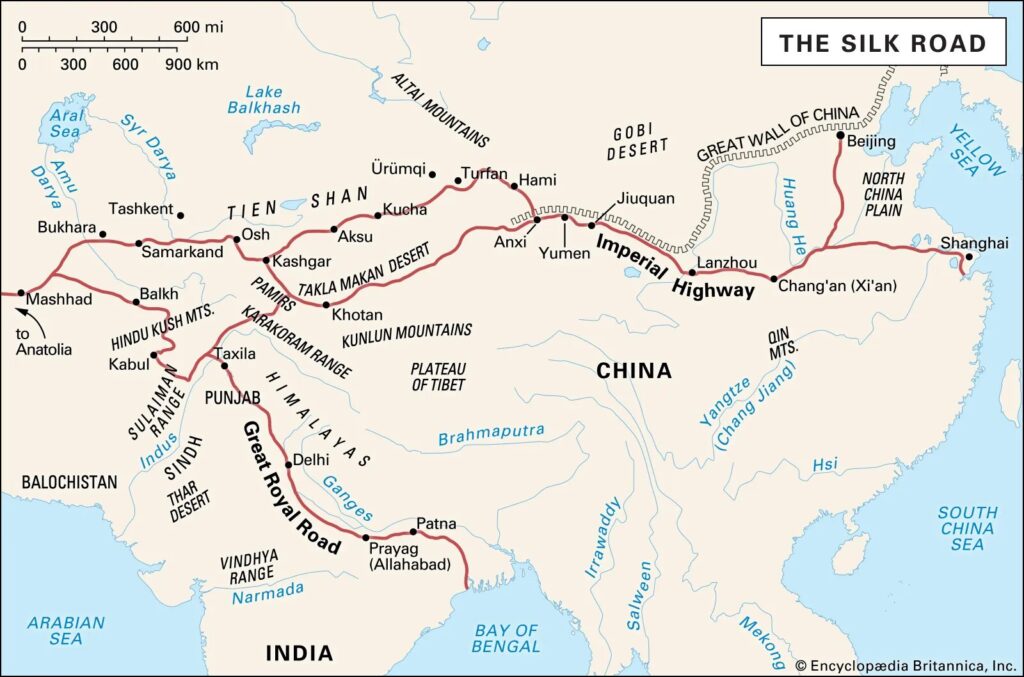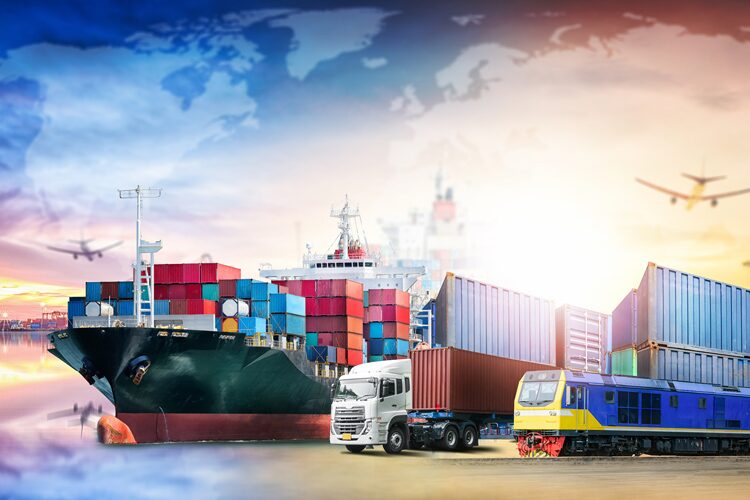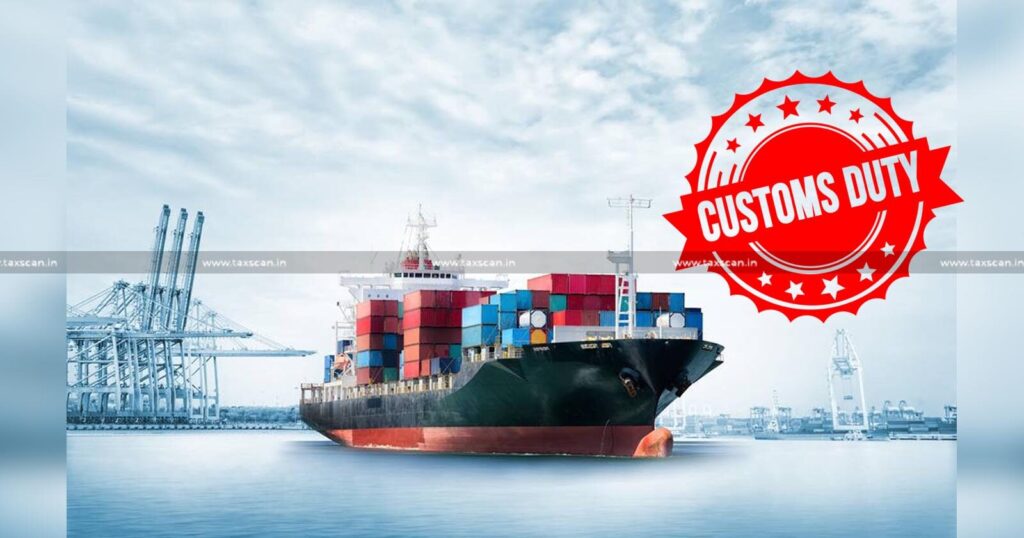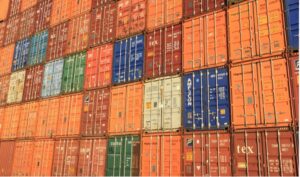ship from China to United Kingdom
The allure of Chinese manufacturing for British businesses is undeniable. Competitive pricing, a vast array of products, and established production capabilities make China a top import source for the United Kingdom. However, navigating the complexities of international shipping can be daunting for those new to the process. This comprehensive guide empowers you to confidently ship from China to the UK, ensuring a smooth and cost-effective experience.
Why Businesses Choose to Import from China

Unmatched Production Capacity: China boasts a robust manufacturing infrastructure, capable of fulfilling large-scale orders across diverse industries. Businesses gain access to a vast pool of skilled labor and a culture of efficiency, translating to cost-effective production.
Extensive Product Variety: From electronics and clothing to furniture and industrial machinery, China offers an unparalleled selection of products. Businesses can source virtually any item they require, often with customization options to meet specific needs.
Competitive Pricing: Due to economies of scale and lower production costs, Chinese goods are often significantly cheaper than those manufactured elsewhere. This allows businesses to improve their profit margins or offer competitive pricing to their UK customers.
Understanding the Shipping Process

The journey of your goods from a Chinese factory to your UK doorstep involves several key stages:
- Quotation and Booking: Contact freight forwarders or shipping companies to obtain quotes for various shipping methods (discussed later). Once a method is chosen, book your shipment and provide necessary details about your goods.
- Collection and Consolidation: The freight forwarder collects your goods from the factory in China. Consolidation involves combining your shipment with others to optimize container space and reduce costs.
- Customs Clearance: Upon arrival at the UK port, customs authorities will verify your shipment’s documentation and assess any applicable duties or taxes. Ensure you have the correct paperwork to avoid delays.
- Delivery: Once cleared by customs, your goods are transported to your designated UK address, completing the shipping process.
Different Shipping Methods – Air Freight, Sea Freight, and Express Courier Services

The choice of shipping method significantly impacts transit times and costs. Here’s a breakdown of the three main options for shipping from China to United Kingdom:
- Air Freight: The fastest option, ideal for urgent shipments or high-value goods. Air freight offers shorter transit times (typically 3-7 days) but comes at a premium cost compared to sea freight.
- Sea Freight: The most cost-effective option for large or bulky shipments. Sea freight offers longer transit times (typically 30-45 days) but is significantly cheaper than air freight. Consider choosing Less-than-Container Load (LCL) for smaller shipments or Full-Container Load (FCL) for larger quantities.
- Express Courier Services: A good middle ground between air freight and sea freight in terms of speed and cost. Providers like DHL, FedEx, and UPS offer fast transit times (typically 4-10 days) at a cost higher than sea freight but lower than air freight. This option is suitable for time-sensitive shipments that don’t require the urgency of air freight.
Choosing the Right Method: Consider these factors when selecting a shipping method:
- Urgency: How quickly do you need your goods to arrive in the UK?
- Shipment size and weight: Air freight is better for smaller shipments, while sea freight is ideal for larger or bulkier cargo.
- Cost: Air freight is the most expensive, followed by express courier services and then sea freight.
- Cargo type: Perishable goods or items with short shelf lives might necessitate air freight.
Customs and Import Duties

When importing goods from China to United Kingdom, you’ll likely encounter customs duties and import VAT (Value Added Tax). The specific charges depend on the type of goods you’re importing and their value. Utilize resources provided by UK customs authorities to determine the applicable duty rates and VAT for your products.
Duty and VAT Prepayment Options:
- Delivered Duty Paid (DDP): The seller takes responsibility for all customs fees and import VAT. This simplifies the process for the buyer but may come at a slightly higher cost.
- Delivered Duty Unpaid (DDU): The buyer is responsible for paying all customs duties and import VAT upon arrival in the UK. This option offers more control over costs but requires additional paperwork and potential delays during customs clearance.
Ensure you factor in potential customs duties and VAT when calculating your overall landed cost (product cost + shipping cost + customs duties + VAT).
Shipping Documentation and Regulations
Accurate and complete documentation is crucial for a smooth customs clearance process. Here are some key documents required for shipping from China to United Kingdom:
- Commercial Invoice: A detailed document outlining the product description, quantity, unit price, and total value of the shipment.
- Packing List: An itemized list of the goods in the shipment, including quantities, descriptions, weights, and measurements.
- Bill of Lading (Air Waybill for Air Freight): A document issued by the carrier serving as a contract of carriage and receipt for your goods.
- Certificate of Origin: May be required by Austrian customs to verify the country of origin of the goods.





